Yahya Sinwar: A look at Hamas leader's legacy
He was a key figure known for his complex character and deep understanding of the Israeli psyche
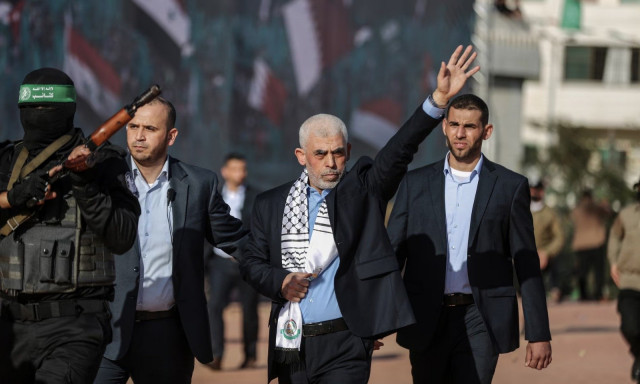
Yahya Sinwar, the head of Hamas' politburo, has been confirmed dead following an Israeli military strike in Gaza on Thursday. The 62-year-old had taken over Hamas' leadership after the assassination of former politburo chief Ismael Haniyeh in Tehran in July.
Initial reports emerged from Israeli officials, and confirmation came later from both Israeli Foreign Minister Yisrael Katz and the Israeli army. The news of Sinwar's death has reverberated throughout Gaza, a region that has endured significant devastation due to ongoing Israeli bombardments.
Sinwar was known not only as a key figure in Hamas but also as a complex character who understood the Israeli psyche. Having spent 23 years imprisoned in Israel, he learned Hebrew and studied Israeli society, a unique perspective for someone regarded as a primary adversary by Israel.
Born in the Khan Younis refugee camp, Sinwar authored several novels, including “The Thorn and Carnation,” which explores the Palestinian refugee experience. The book’s protagonist, Ahmed, narrates the family’s struggles against the backdrop of the 1948 Nakba when many Palestinians, including Sinwar's family, were forcibly displaced from their homes.
Sinwar’s literary contributions highlight his dedication to portraying Palestinian suffering and resilience.
In his works, he intertwines personal narratives with broader historical events, documenting the political landscape from 1967 to the Second Intifada, which lasted from 2000 to 2005. His storytelling emphasizes that both secular and religious movements, like Fatah and Hamas, are united in their struggle for liberation from Israeli occupation.
His second novel, “Glory,” published in 2010, addresses the Shin Bet, Israel's internal security service, and its impact on Palestinian lives. Sinwar's writings resonate with the experiences of many Palestinians, illustrating the long-standing policies of displacement and violence they face.
After his release from prison in a 2011 prisoner swap, Sinwar returned to a Gaza that had seen a shift in governance following Israel's withdrawal in 2005. By the early 2010s, he had taken on significant responsibilities within Hamas, fostering relationships with regional allies like Hezbollah.
In 2017, he became the top military leader of Hamas, orchestrating operations against Israel. His leadership was pivotal during last year's October 7 attack against Israel, which has drawn historical parallels to the Warsaw ghetto uprising during World War II.
Since then, Sinwar has remained in Gaza, reportedly leading Hamas' defence against intensified Israeli attacks that have caused widespread destruction in the enclave.
As the conflict continues, his death marks a significant turning point in Hamas' leadership and the ongoing struggle for Palestinian rights.
His legacy as both a leader and a novelist underscores the complexities of the Palestinian narrative and the resilience of those who strive for their homeland amid conflict.



1728111691-0/Untitled-design-(33)1728111691-0-100x90.webp)

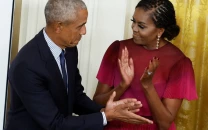
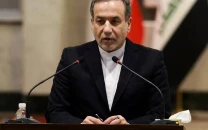


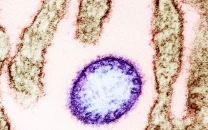
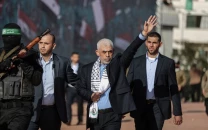
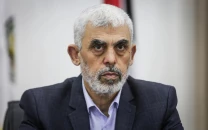













COMMENTS (1)
Comments are moderated and generally will be posted if they are on-topic and not abusive.
For more information, please see our Comments FAQ